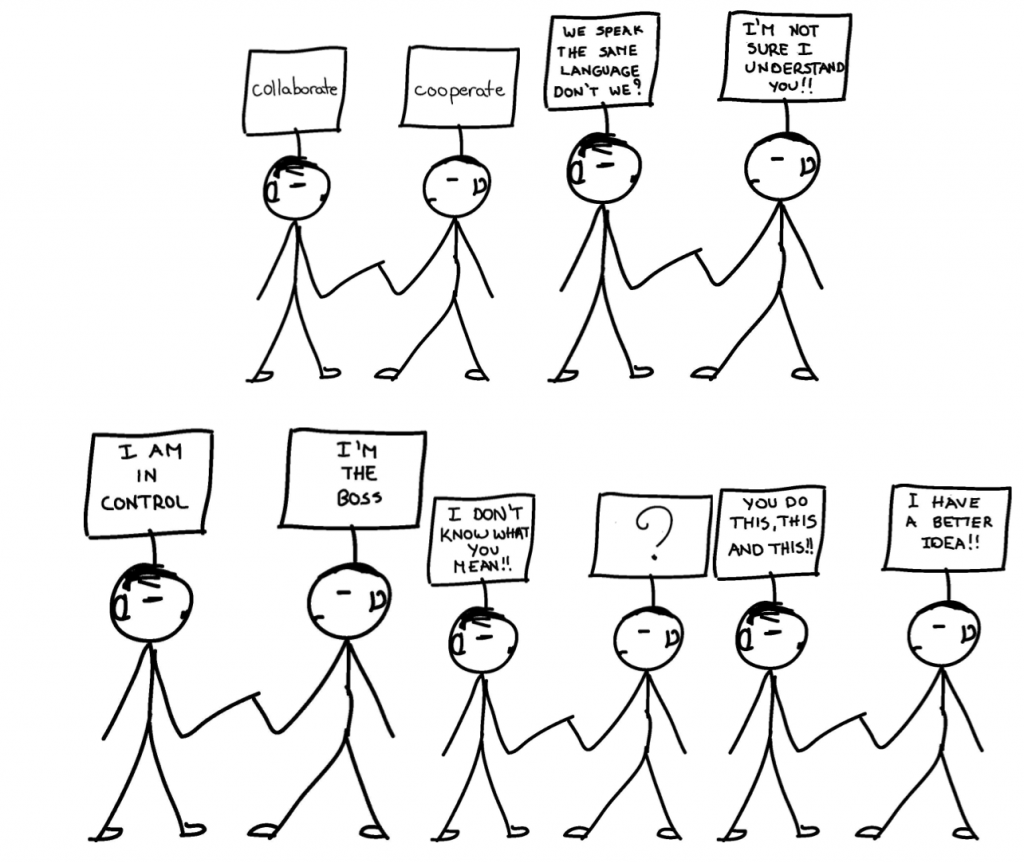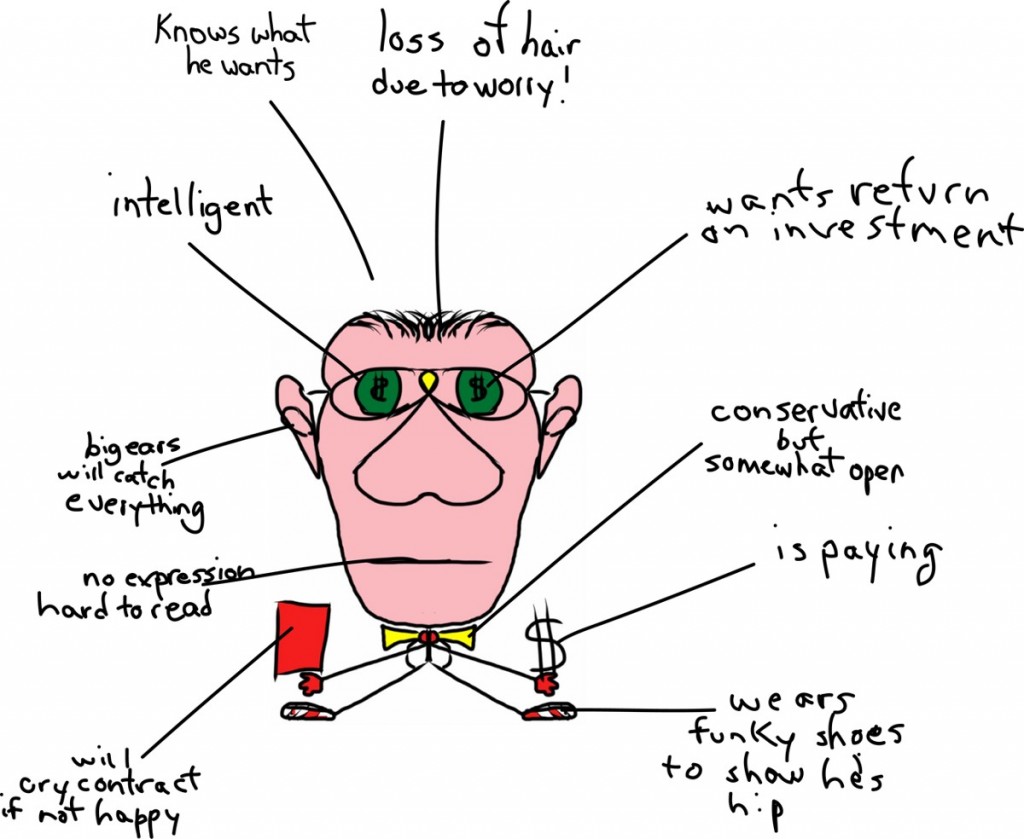This is hard, writing about the unknown joys and perils of collaborating with others when I’d rather talk about the steady times I continue to have with familiar collaborators. The truth is we never know what the outcome of a collaboration is going to be. Some of us have the luxury of developing collaborative partnerships that last many years but there are also collaborators who want to try out new partnerships. The wrong thing to do is take offence. Instead, understand that we are sometimes driven to work with people we’ve never worked with before because the risk of what may come of it is worth taking instead of relying on the outcomes of the same old. Celebrate new partnerships because you never know what gold may come from it, either in new and unexpectedly great results, or simply in extending your existing network and expanding the number of opportunities for work that will come up. What other advantages are there of working with new collaborators?




